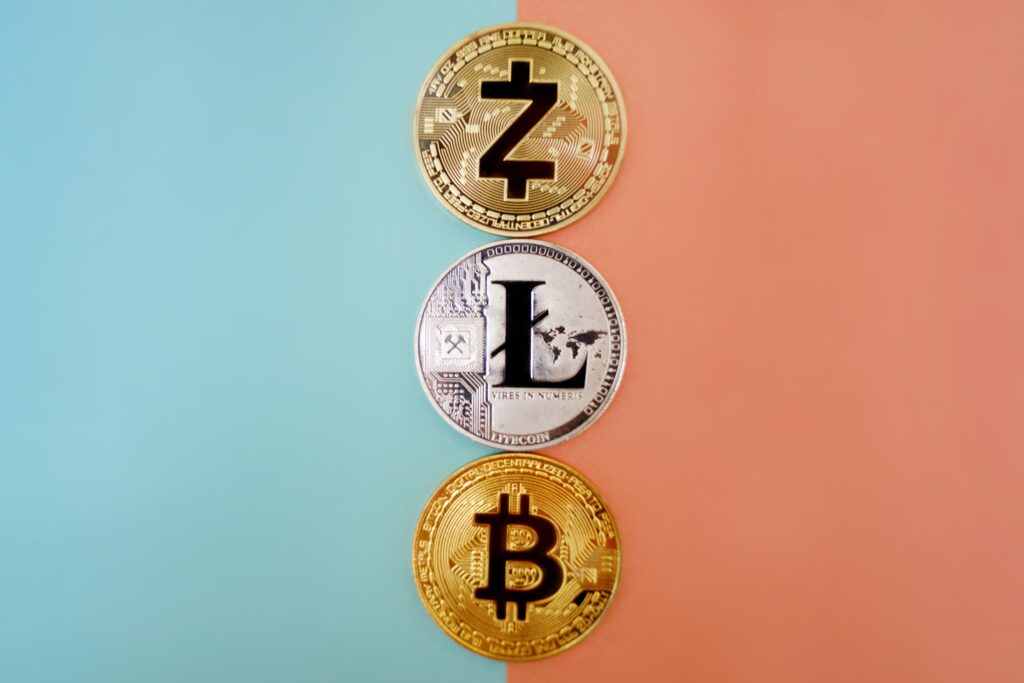Decoding Cryptocurrencies: A Beginner’s Guide to Digital Money

Cryptocurrencies have taken the financial world by storm, and they’re here to stay. But what exactly are cryptocurrencies, and how do they work? If you’re new to the world of digital money, this beginner’s guide will help decode the fundamentals of cryptocurrencies, providing you with a solid foundation to navigate this exciting and evolving financial landscape.
What Are Cryptocurrencies?
Cryptocurrencies are digital or virtual currencies that use cryptography for security. They operate on decentralized technology known as blockchain, which is a distributed ledger that records all transactions across a network of computers. Here’s a brief breakdown of essential cryptocurrency concepts:
- Blockchain: A public ledger that stores all cryptocurrency transactions across a network. It ensures transparency and security.
- Digital Wallets: To use cryptocurrencies, you need a digital wallet. It’s a secure software or hardware device that allows you to store, send, and receive cryptocurrencies.
- Decentralization: Cryptocurrencies are not controlled by a central authority, like a government or bank. Instead, they rely on a distributed network of nodes (computers) to validate and record transactions.
Popular Cryptocurrencies
While there are thousands of cryptocurrencies, some have gained widespread recognition and use. Here are a few notable examples:
- Bitcoin (BTC): The first and most well-known cryptocurrency, created by an anonymous entity known as Satoshi Nakamoto. It’s often referred to as “digital gold” and is primarily used as a store of value and for peer-to-peer transactions.
- Ethereum (ETH): Known for its smart contract capabilities, Ethereum allows developers to create decentralized applications (dApps) and tokens on its blockchain.
- Ripple (XRP): Designed for efficient cross-border payments, Ripple focuses on facilitating fast and low-cost international transactions for banks and financial institutions.
- Litecoin (LTC): Created as the “silver” to Bitcoin’s “gold,” Litecoin offers faster transaction confirmation times.
How Cryptocurrencies Work
To understand how cryptocurrencies work, it’s important to know the following key principles:
- Digital Signatures: Cryptocurrencies use digital signatures to prove ownership of funds. You use your private key to create a digital signature for a transaction, and the recipient uses your public key to verify it.
- Mining: Many cryptocurrencies, including Bitcoin, use a process called mining to validate and add transactions to the blockchain. Miners solve complex mathematical puzzles, and the first to solve it gets to add a new block to the blockchain.
- Consensus Mechanisms: Different cryptocurrencies use different consensus mechanisms to validate transactions. Bitcoin uses Proof of Work (PoW), while Ethereum is transitioning to Proof of Stake (PoS). These mechanisms ensure the network’s security and integrity.
Getting Started with Cryptocurrencies
To begin your journey with cryptocurrencies, follow these steps:
- Choose a Wallet: Select a secure cryptocurrency wallet that suits your needs. Options range from online and mobile wallets to hardware wallets for enhanced security.
- Purchase Cryptocurrency: You can buy cryptocurrencies on various cryptocurrency exchanges using fiat money or by exchanging other cryptocurrencies.
- Learn Security Best Practices: Understanding how to keep your digital assets safe is crucial. Use strong passwords, enable two-factor authentication, and consider a hardware wallet for long-term storage.
- Educate Yourself: Continuously educate yourself about cryptocurrencies and blockchain technology. Explore online resources, join forums, and consider taking online courses.
Conclusion
Cryptocurrencies are transforming the way we think about money and finance. They offer exciting opportunities for investment, technological innovation, and financial inclusion. By understanding the basics of cryptocurrencies and the underlying blockchain technology, you can make informed decisions and participate in this digital financial revolution. Whether you’re looking to invest, use cryptocurrencies for transactions, or explore blockchain development, the world of digital money offers a wealth of possibilities to explore and embrace.



